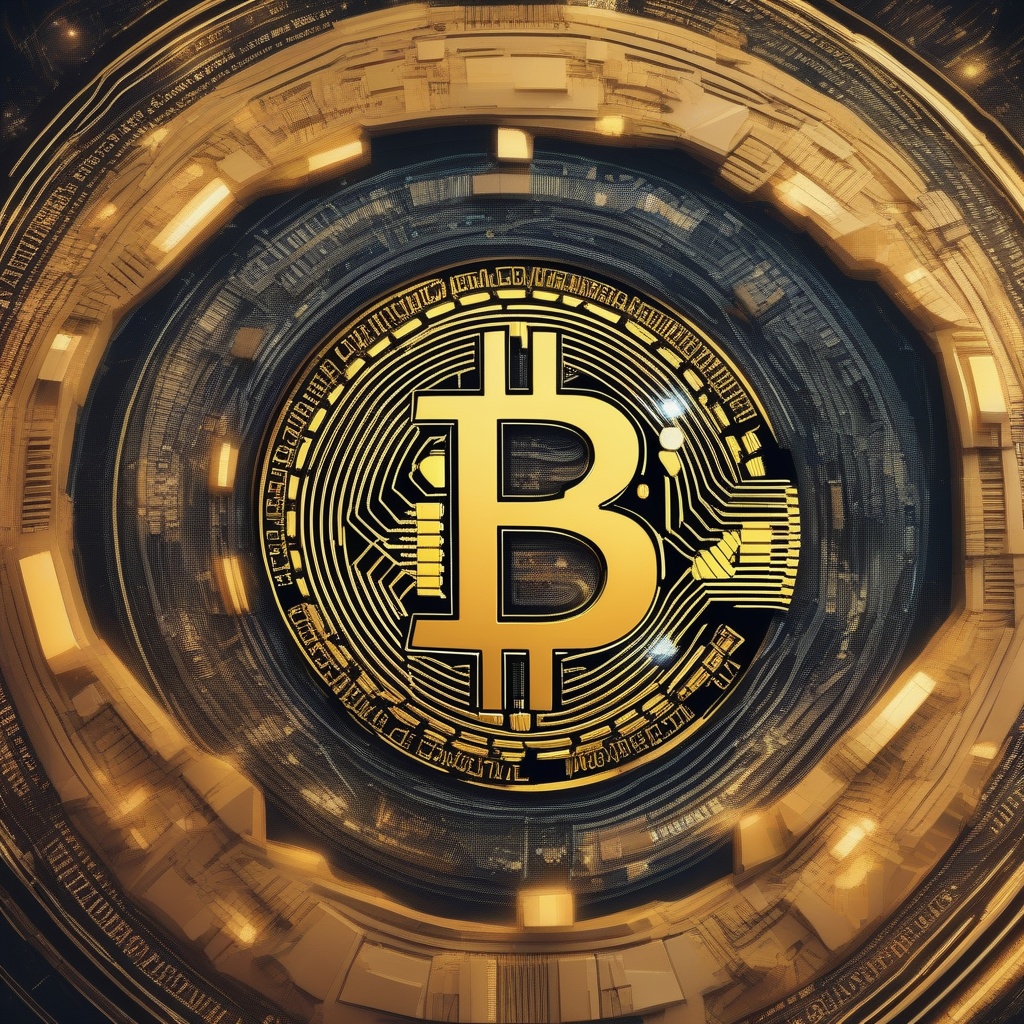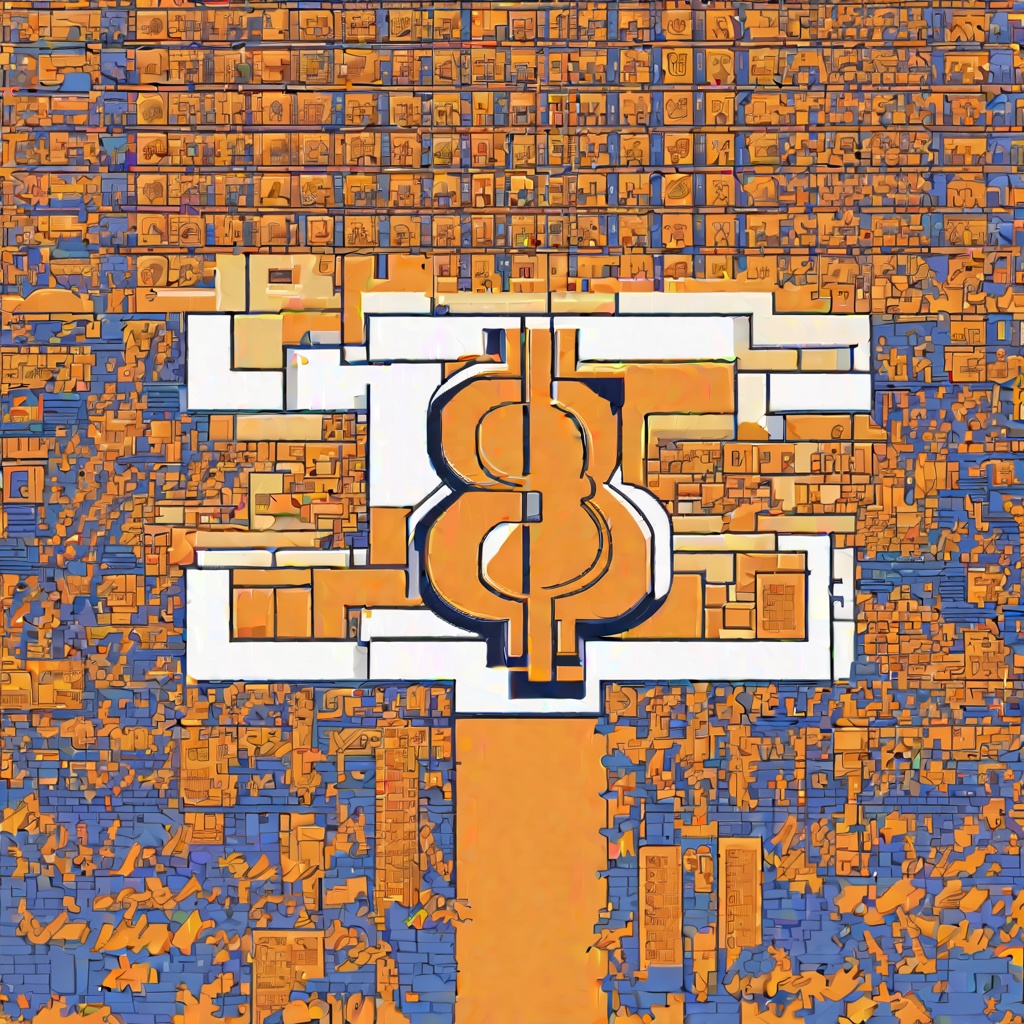Do banks offer cryptocurrency-related services?
In recent years, the popularity of cryptocurrencies such as Bitcoin and Ethereum has skyrocketed, leading many to wonder: do banks offer cryptocurrency-related services? With the increasing demand for digital assets, it's natural to assume that traditional financial institutions might be embracing this new trend. However, the question remains: do banks provide services that cater to the needs of cryptocurrency enthusiasts? Are they offering accounts specifically for digital currencies? Are there banking products that facilitate trading or investing in cryptocurrencies? This article aims to explore the current landscape of banks' involvement in the cryptocurrency space and provide clarity on whether they indeed offer related services.

Does Skrill offer cryptocurrency services?
As a keen observer of the financial and cryptocurrency landscape, I'm curious to know if Skrill, a well-known digital wallet and payment service, has expanded its services to include cryptocurrency? The demand for cryptocurrencies is soaring, and with platforms such as Skrill providing convenient payment solutions, it seems logical that they would capitalize on this trend. Does Skrill currently offer its users the ability to buy, sell, or store cryptocurrencies? If so, what are the specific cryptocurrencies supported, and what are the associated fees and limitations? Understanding Skrill's cryptocurrency services, if any, could help investors and consumers make informed decisions.

What are cryptocurrency recovery services?
Could you please elaborate on cryptocurrency recovery services? Are these services designed to assist individuals who have lost access to their digital wallets or forgotten their private keys? How do they work, and are they reliable? Also, what are the typical steps involved in recovering lost cryptocurrencies? Is it a complex process, or can it be done relatively quickly? Additionally, are there any risks associated with using such services, and how can one ensure the security of their digital assets? Lastly, are there any specific recommendations or best practices to follow when considering using a cryptocurrency recovery service?

What does Coinbase global do?
Could you please elaborate on the role and operations of Coinbase Global? I'm particularly curious about their services in the cryptocurrency industry and how they contribute to the global financial landscape. I understand they are a major player in the crypto sphere, but I'd like to know more about their specific offerings, their reach, and the impact they have on the broader market. I'm also interested in their regulatory compliance and how they ensure secure transactions for their users. Any insight you could provide would be greatly appreciated.

